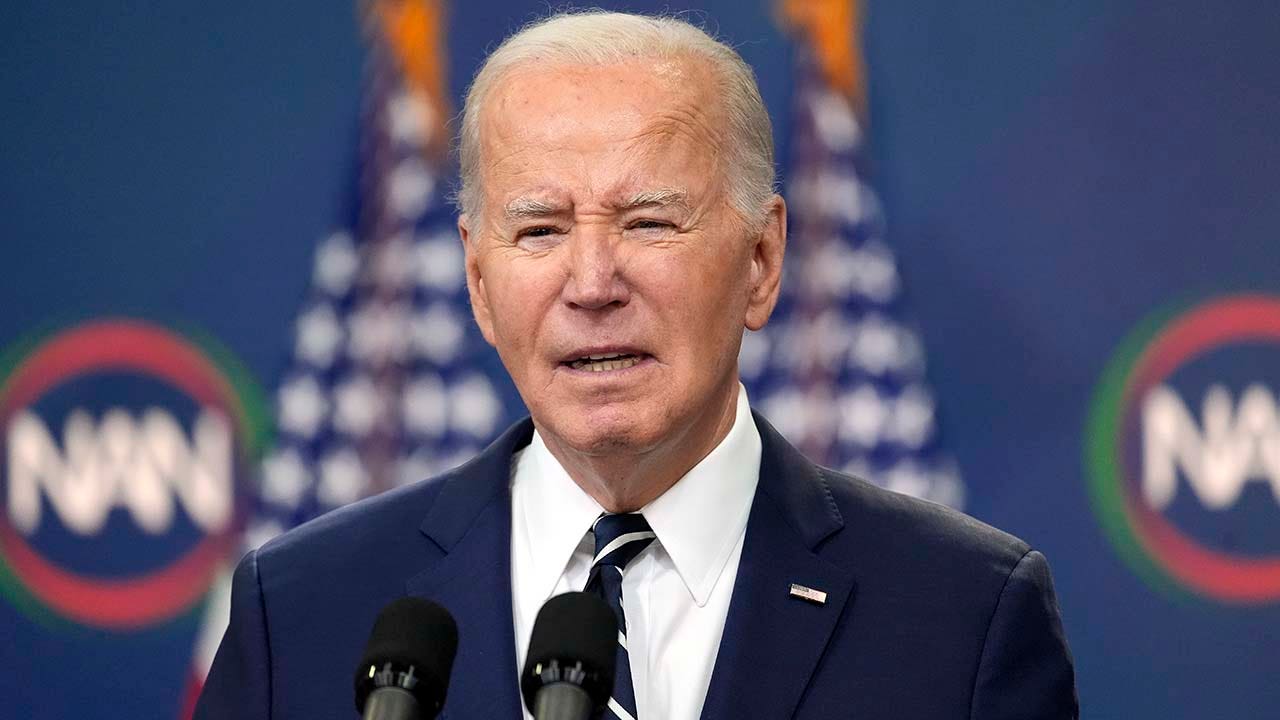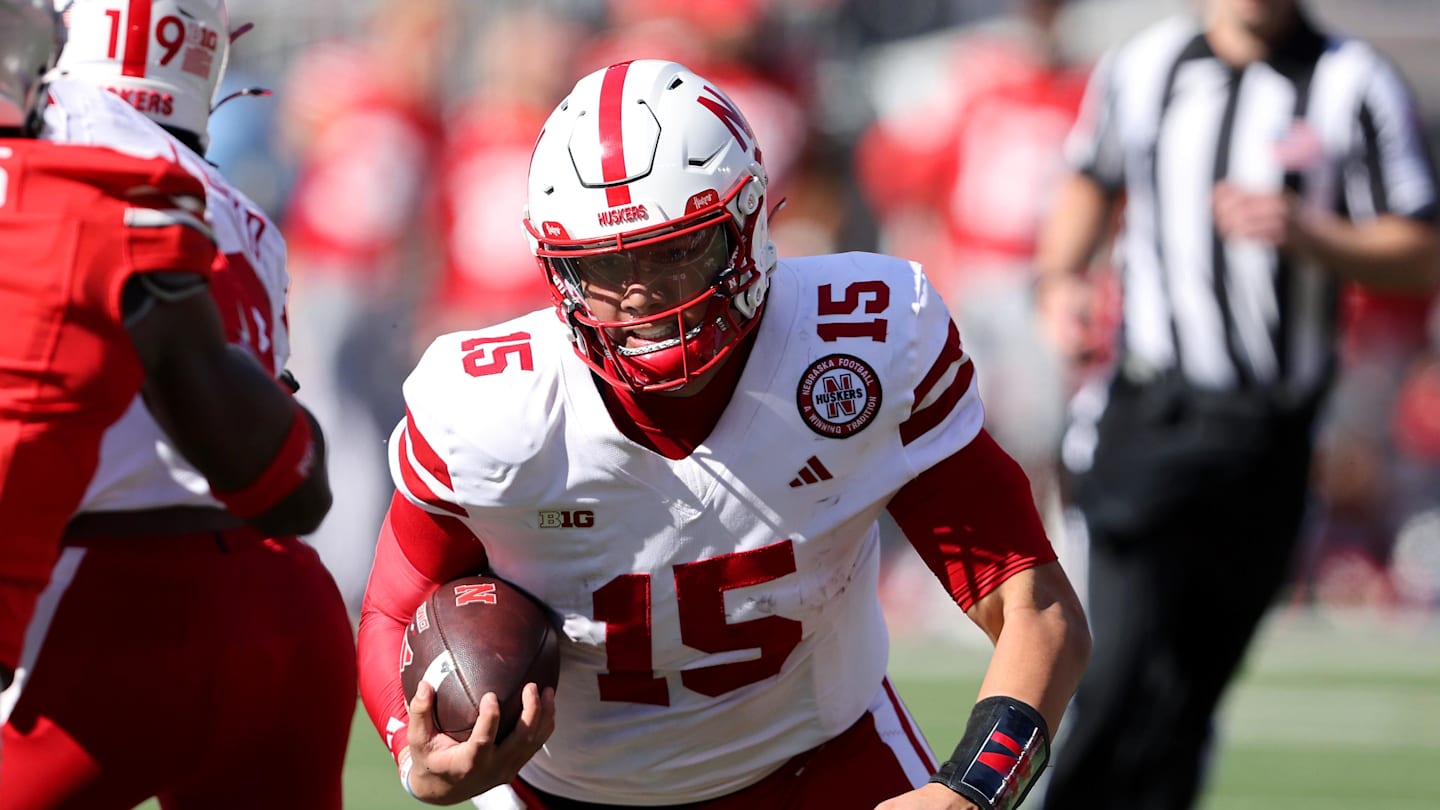Ohio
Communities in Ohio Look for Broadband Technical Assistance

Ohio
The request for proposals seeks a consultant to help three Ohio counties work on broadband projects.

July 9, 2024 – The Eastgate Regional Council of Governments has issued a Request for Proposals seeking a consultant to provide broadband technical assistance for the counties of Ashtabula, Mahoning, and Trumbull in Ohio.
The purpose of the RFP is to find a qualified consultant to implement ongoing broadband projects. The RFP wants to foster partnership with aims to enhance broadband infrastructure and services across the region and support better connectivity for local residents and businesses.
Proposals are due by July 31, 2024, and must meet Disadvantaged Business Enterprise participation goals and comply with Title VI of the Civil Rights Act of 1964, which prohibits discrimination on the basis of race, color, and national origin in programs and activities receiving federal financial assistance
This partnership aims to enhance broadband infrastructure and services across the region, ultimately supporting better connectivity for local residents and businesses.
Questions that are part of the RFP should be submitted in writing to Economic Development Program Manager Mark Ragozine by July 17, 2024, with responses to be posted on Eastgate’s website by July 19, 2024. The contract is valued at up to $102,400, and is scheduled to start after August 7, 2024, and end by December 31, 2025.

Ohio
Will Ohio GOP lawmakers have the votes to override property-tax vetoes?: Capitol Letter
Rotunda Rumblings
Session showdown: The Ohio House is back in session, but whether Republicans have the votes to override Gov. Mike DeWine’s property tax vetoes remain to be seen. Anna Staver reports that House members are getting lobbied hard to let the governor’s vetoes stand. DeWine promised to create a property tax working group that would develop alternative plans for relief by Sept 30. No word yet on when that committee will start meeting.
Stretching the rules: Ohio’s budget isn’t just about spending; it’s where some of the state’s biggest policy decisions get made. Lawmakers have used it to restrict abortion, limit what SNAP recipients can buy, overhaul retirement boards and mandate where books can be shelved in libraries. Critics say it violates the state constitution’s single-subject rule. But courts have largely allowed it. Staver deep dives into the why and the history of legislating by budget.
Draft dodging? Several times in recent years, Public Utilities Commission of Ohio staff, as well as utility company officials, have gotten independent auditors to soften or delete draft report language that’s unfavorable toward utilities. As Jeremy Pelzer reports, PUCO critics point to examples of behind-the-scenes moves they say help allow powerful utilities to continue charging illegal or unfair fees to their customers. A PUCO spokesman, though, said such criticism is either misguided or an outright lie.
PBS cuts: The U.S. House of Representatives voted early Friday to approve a White House request to rescind $9 billion that Congress previously agreed to spend on public broadcasting and foreign aid, Sabrina Eaton writes. It passed by a 216 to 213 margin. All Ohio Republicans backed the measure except for Dayton’s Mike Turner while all the state’s Democrats opposed it. Turner did not release a statement explaining his vote.
Racy drawings: Before Jeffrey Epstein’s first arrest in 2006, billionaire retail magnate Leslie Wexner and dozens of other powerful associates—including Donald Trump—contributed to a 50th birthday album compiled by Ghislaine Maxwell, according to documents reviewed by The Wall Street Journal. Wexner, then Epstein’s financial patron and closest known business ally, submitted a cryptic note: “I wanted to get you what you want… so here it is…” followed by a drawing resembling a woman’s breasts. Sabrina Eaton has more.
Off the map? While Ohio Republicans are expected to redraw the state’s congressional districts this year in a way that helps them pick up multiple seats in 2026, Ohio Democrats still have a card to play. As Andrew Tobias of Signal Ohio explains, if the GOP-led legislatures pass new maps via legislation, Democrats could try to put a repeal referendum on the 2026 ballot. All this is still theoretical, of course – and Republicans themselves have a couple potential ways to thwart such an attempt.
Full Disclosure
Here are five things we learned from the May 13, 2025 ethics disclosure form filed by state Rep. Lauren McNally, a Youngstown Democrat, about her 2024 finances:
1. Besides McNally’s 2024 legislative salary of $77,848.92, she only listed one source of income last year: a tax refund of less than $1,000.
2. McNally’s investments in 2024 included a rollover IRA with the John Arnold Wealth Management Company, a college savings 529 account with BlackRock, and an Ohio Public Employees Retirement System account.
3. At some point in 2024, McNally owed at least $1,000 to PNC Bank, GMC, Wells Fargo, and Chase Bank.
4. McNally listed two instances in which lobbyists spent money on her in 2024: the Youngstown/Warren Regional Chamber of Commerce gave her a $40 ticket to its “Salute to Elected Officials” event in November, and a $50 ticket an “Appalachian luncheon” held by Heritage Ohio, the state’s historic preservation society, in December.
5. The Ohio House last year reimbursed McNally $3,192.32 for mileage between her home and Columbus, as well as $1,400.72 for lodging.
Birthdays
State Rep. Bride Rose Sweeney
Straight from the Source
“A safe traveler is a well-rested traveler”
– Ohio Gov. Mike DeWine, commenting as he cut the ribbon to celebrate new rest areas along Ohio roadways.
Capitol Letter is a daily briefing providing succinct, timely information for those who care deeply about the decisions made by state government. Subscribe to get Capitol Letter in your email box each weekday for free.
If you purchase a product or register for an account through a link on our site, we may receive compensation. By using this site, you consent to our User Agreement and agree that your clicks, interactions, and personal information may be collected, recorded, and/or stored by us and social media and other third-party partners in accordance with our Privacy Policy.
Ohio
Terrelle Pryor’s lawsuit against Ohio State, NCAA and Big Ten dismissed

A judge on Friday dismissed a lawsuit former Ohio State quarterback Terrelle Pryor had filed against the school, the NCAA and the Big Ten over denied compensation for name, image and likeness during his college career.
Chief Judge Sarah D. Morrison of the Southern District of Ohio granted the plaintiffs’ motion to dismiss, ruling Ohio State is covered by sovereign immunity and Pryor’s claims were made outside the four-year statute of limitations for an antitrust lawsuit.
“Mr. Pryor failed to assert his claims for injunctive relief within the four-year statutory period. And he makes no argument to rebut the presumption that allowing his claims to proceed would be unreasonable and prejudicial to Defendants,” Morrison wrote.
Pryor sued his alma mater in October on the heels of former Southern California star and Heisman Trophy winner Reggie Bush filing a similar suit against USC and the NCAA, and several former Michigan players targeting the NCAA and the Big Ten Network.
Pryor was a high-profile recruit from Pennsylvania and Ohio State’s starting quarterback from 2008 to 2010. He passed for 6,177 yards, ran for 2,164 and accounted for 74 touchdowns during his time as a Buckeye. His college career ended 11 years before the NCAA lifted its ban on athletes being paid for use of their name, image and likeness.
Pryor’s lawsuit did not specify damages being sought, but claimed the rules of the time cost athletes like Pryor millions of dollars and that the defendants were still making money off their exploits by replaying historic moments for promotional activities.
His college career ended amid an NCAA investigation into rules violations by Pryor and some of his teammates for trading their equipment, memorabilia and autographs for tattoos and cash. Instead of serving a potential five-game suspension in his senior year, Pryor entered the 2011 NFL Supplemental Draft. He was selected by the Oakland Raiders and given a five-game suspension to start his NFL career.
Since the NCAA changed its rules to allow college athletes to earn money through sponsorship and endorsement deals, high-profile athletes have routinely earned hundreds of thousands of dollars — even millions — in NIL compensation.
A recent antitrust lawsuit settlement will pay $2.8 billion in damages to former and current college athletes who were denied NIL compensation, dating back to 2016. The settlement agreement also cleared the way for schools to begin directly compensating athletes, starting this year.
(Photo: Chris Graythen / Getty Images)
Ohio
Top Ohio State Football Recruit Flips Commitment, 'Stunning'

-

 World1 week ago
World1 week agoVirgin River Renewal Tees Up New Mystery for Mel and Jack in Season 7
-

 Iowa1 week ago
Iowa1 week ago8 ways Trump’s ‘Big, Beautiful Bill’ will affect Iowans, from rural hospitals to biofuels
-

 Politics1 week ago
Politics1 week agoConstitutional scholar uses Biden autopen to flip Dems’ ‘democracy’ script against them: ‘Scandal’
-

 Movie Reviews1 week ago
Movie Reviews1 week agoMovie Review: SUPERMAN
-

 Politics1 week ago
Politics1 week agoDOJ rejects Ghislaine Maxwell’s appeal in SCOTUS response
-

 Health1 week ago
Health1 week agoNew weekly injection for Parkinson's could replace daily pill for millions, study suggests
-

 Culture1 week ago
Culture1 week agoTest Your Knowledge of French Novels Made Into Musicals and Movies
-

 News1 week ago
News1 week agoSCOTUS allows dismantling of Education Dept. And, Trump threatens Russia with tariffs















